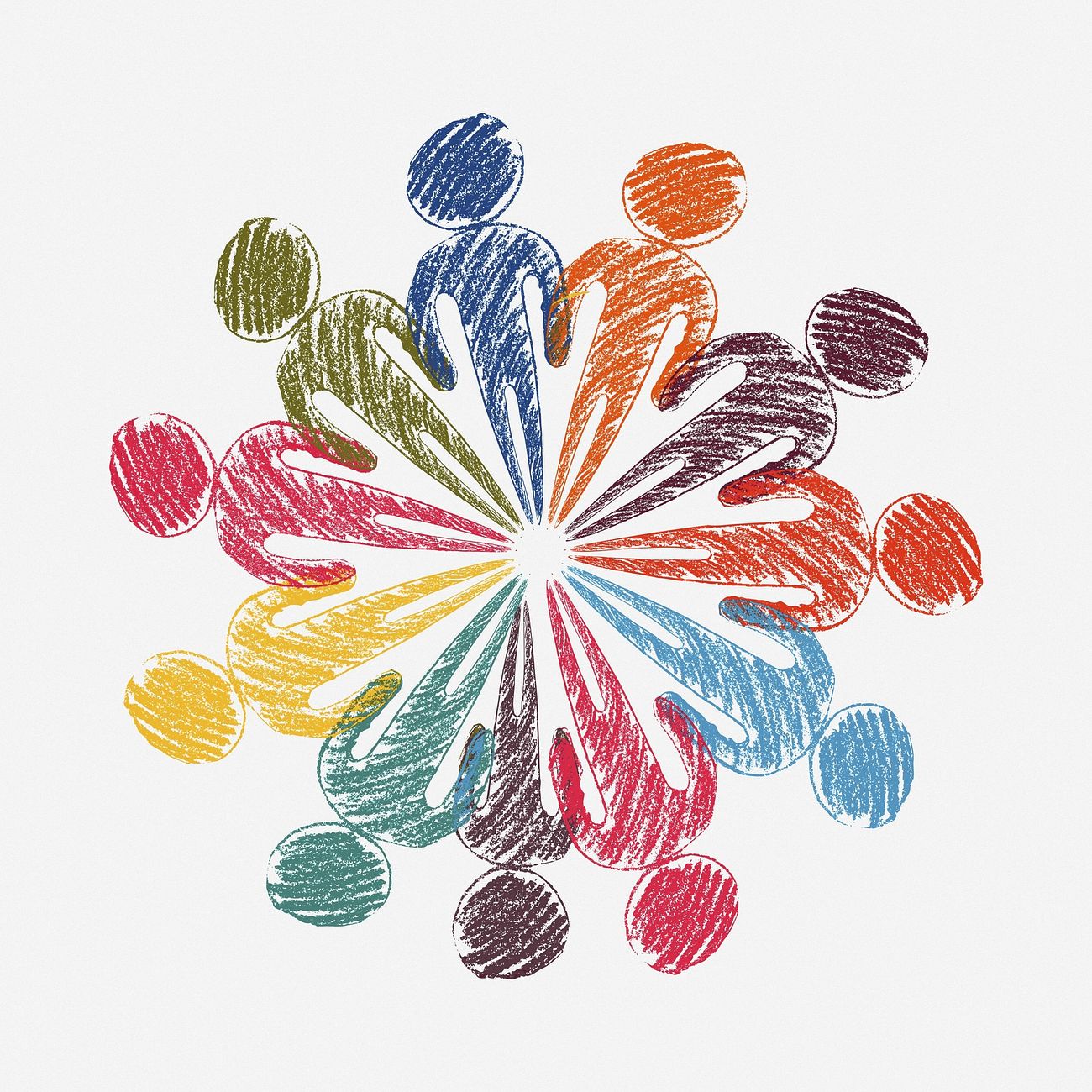Stop Taking Sides Blindly: Striving for Balance and Harmony
In a world rife with complexities, disputes, and multifaceted issues, it’s all too common for people to fervently take sides, often without a comprehensive understanding of the situation at hand. This habit of staunchly aligning with one perspective, sometimes even when it may not be entirely just, stems from deep-rooted insecurities and can perpetuate an imbalance in society. This article explores the need to halt this blind allegiance to one viewpoint and instead adopt a more mindful and sensitive approach to conflicts, highlighting the importance of balanced discernment.
The Urge to Side
When confronted with disputes or divisive situations, individuals frequently feel a compelling urge to take sides. This inclination often arises from the human desire to belong, to be part of a group, and to be seen as loyal and unwavering in one’s convictions. Whether it’s in the context of political debates, social issues, or personal conflicts, people tend to gravitate toward a specific standpoint and vehemently defend it.
Insecurity’s Role
Insecurity plays a pivotal role in driving this tendency. Deep-seated fears of being alone, rejected, or ostracized can propel individuals to conform to the prevailing opinion within their social or ideological circles. They may fear the consequences of dissenting or even critically examining their own beliefs. This insecurity-driven conformity can create an environment where nuanced discussions are stifled, and the pursuit of objective truth takes a backseat to the reinforcement of pre-existing biases.
The Consequences of Blind Allegiance
The consequences of blind allegiance to one side are far-reaching. In the realm of politics, it can lead to entrenched polarization, with individuals from opposing sides unable or unwilling to engage in productive dialogue. This often results in policy gridlock and societal division. In social matters, taking sides without thoughtful consideration can perpetuate stereotypes, discrimination, and systemic injustices.
A Mindful and Sensitive Approach
To rectify this imbalance and foster a more harmonious and just society, it’s imperative to adopt a mindful and sensitive approach to conflicts and differing perspectives. This involves several key principles:
1. Critical Thinking: Embrace the power of critical thinking. Instead of rushing to choose a side, take the time to thoroughly analyze the issue at hand. Consider multiple viewpoints, evaluate evidence, and weigh the pros and cons of each stance. Critical thinking allows for a more informed and rational decision.
2. Open-Mindedness: Cultivate an open mind. Recognize that no single perspective holds a monopoly on truth. Be receptive to new information and be willing to adjust your viewpoint when presented with compelling evidence to the contrary. Open-mindedness is the foundation of growth and progress.
3. Empathy: Empathy is the ability to understand and share the feelings of another. It’s a potent tool in conflict resolution. When faced with opposing viewpoints, try to put yourself in the shoes of those who hold them. Consider the life experiences, fears, and hopes that shape their beliefs. This empathetic perspective can foster dialogue and bridge gaps.
4. Constructive Dialogue: Engage in constructive dialogue. Rather than engaging in hostile debates or arguments, strive for meaningful conversations where different perspectives can be explored and understood. Seek common ground and solutions that benefit all parties involved.
5. Questioning Assumptions: Challenge your own assumptions and beliefs. The act of self-reflection can reveal biases or misconceptions that may influence your stance on a given issue. Questioning your own assumptions is a sign of intellectual humility and a commitment to personal growth.
A Path to Balance and Harmony
By ceasing the practice of blindly taking sides and instead adopting a more mindful and sensitive approach, we pave the way for a more balanced and harmonious society. It’s a path that values critical thinking, open-mindedness, empathy, constructive dialogue, and the continual questioning of assumptions. In doing so, we can foster an environment where conflicts are resolved with fairness, where diverse perspectives are valued, and where the pursuit of truth prevails over the reinforcement of biases. This, in turn, leads us closer to a world characterized by understanding and harmony.
